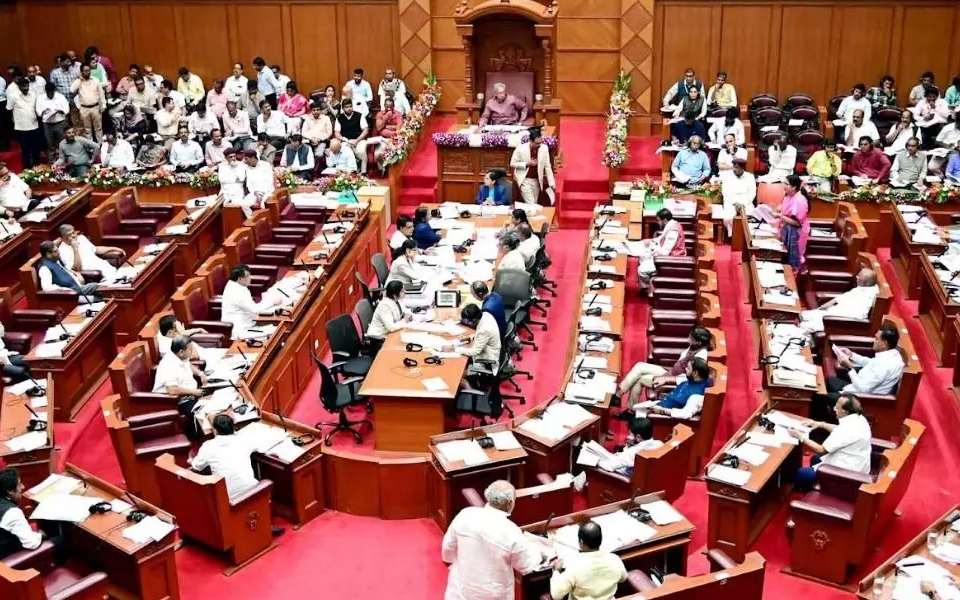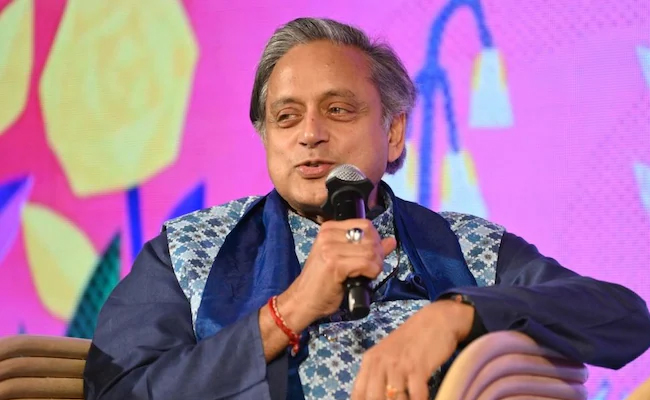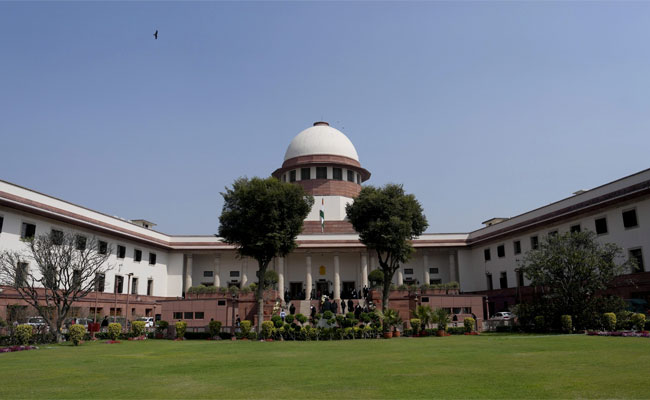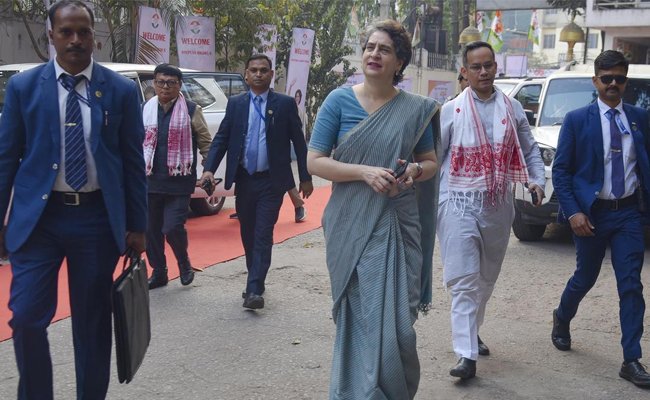Belagavi (Karnataka), Dec 18: The bill that proposes to replace the Karnataka Governor as chancellor of Rural Development and Panchayat Raj (RDPR) University with the Chief Minister, was passed in the Karnataka Legislative Council on Wednesday, by one vote.
Having passed by both houses of the legislature, the bill will now have to go before the Governor for his assent to become a law.
Leader of Opposition in the council, Chalavadi Narayanaswamy opposed the bill and demanded for a division of votes during the voting on the bill. Hence, Council Chairman Basavaraj Horatti arranged for row wise headcount of members both in favour of and against the bill.
The division of votes showed 26 votes in favor of the bill, and 25 against it.
The Karnataka State Rural Development and Panchayat Raj University (Amendment) Bill, 2024 passed by the Assembly on Tuesday, seeks to amend the 2016 Act to make provisions for the Chief Minister to be the Chancellor, and for appointment of the vice chancellor by the chancellor from the panel of three persons suggested by search committee.
The Opposition BJP-JD(S) legislators walked out of the Assembly on Tuesday after clashing with the Congress, during the passage of the Bill.
Several opposition members questioned the intention of the government in replacing the Governor as the Chancellor of the university and insisted that the field of education should not be politicised.
JD(S) MLC T A Sharavana said the move seems to be out of hate towards the Governor, and suggested that there should always be a cordial relationship between the government and the Raj Bhavan.
"What the government is going to achieve by keeping the Governor away. CM is always busy politically and administratively. Can he give enough time towards the affairs of the University?" he asked.
BJP MLC C T Ravi questioned whether the Governor was not "cooperative" towards the University's functioning? "What is the intention behind bringing this amendment that was not there when the actual bill was brought a few years ago? Why is the constitutional authority being removed from the Chancellor's post?"
Congress MLC Ivan D'Souza, while defending the bill, said, "In what way the Governor can help the university? If the CM is the chancellor, he can organise funds for the development of the university. Nowhere law stipulates that only the Governor should be the chancellor. States like Gujarat have withdrawn the Governor from Chancellorship of various universities in their state."
Replying to the discussion, RDPR Minister Priyank Kharge said, the bill was not brought with any political malintention or out of any political hatred or to have any confrontation with the Governor.
The bill has been brought in to make the university function more efficiently, to make it coordinate with the government better and, to provide better quality of education and training for youths, he added.
"I have nowhere said that the Governor was not cooperating. As we felt that this is one of the better ways to manage the university, we have brought these amendments. Show me any guidelines including the UGC guidelines which says that only the Governor should be the Chancellor. No such guideline anywhere," Kharge said, pointing out that in various states like Gujarat and Arunachal Pradesh, the Governor has no role in several Universities.
Let the Truth be known. If you read VB and like VB, please be a VB Supporter and Help us deliver the Truth to one and all.
New Delhi (PTI): Congress leader Shashi Tharoor on Thursday praised the AI Impact Summit, saying the first couple of days had gone "extremely well" and "some glitches" can happen at any "large event".
He said what has been impressive is the attendance of presidents, prime ministers, and world leaders who have come with a strong message of wanting to see a newly integrated world in artificial intelligence development.
While noting that the first couple of days went “extremely well” at the summit, Tharoor said there have been “some glitches” but such issues can happen at big events.
His remarks come a day after former Congress president Rahul Gandhi dubbed the ongoing AI Summit in Delhi a "disorganised PR spectacle" and alleged that Chinese products were being showcased there.
ALSO READ: Chhatrasal Stadium murder case: Delhi HC seeks police's stand on wrestler Sushil Kumar's bail plea
Congress president Mallikarjun Kharge and other senior party leaders have also criticised the event, saying alleged mismanagement has resulted in "embarrassment" for the country.
Responding to a reporter's question after the launch event of his new book on Narayana Guru, Tharoor said, "Though I have not had the chance to go to the summit, I am speaking there tomorrow. From what I understand, these first couple of days have gone extremely well. There have been some glitches, some organisational things, these things happen in a large event."
"But by and large what has been impressive is the attendance... a number of presidents, prime ministers, and world leaders are here, and they've come with a strong message of wanting to see a newly integrated world in AI development, where the impact upon society would be the principle," Tharoor said.
"Preoccupation in India has clearly led the drive in this area," he added.
Asked about French President Emanuel Macron's remarks about procurement of Rafale jets by India and the Make in India component of the deal, Tharoor said as far as the French Rafale is concerned, parts of it are being manufactured in India.
That is a very important aspect of the deal because it is part of strengthening defence, but also increasing our self-reliance in the defence sector, he said.
"Defence is important for India not because we want to go to war, but because we don't want others to think that we are so weak that they can be tempted to go to war. It is a defensive defence literally, and that is what we are working for and I support the government on that,” he said.
On the upcoming film Kerala Story 2, Tharoor said the first film, Kerala Story, was a “hate-mongering film”.
“They were saying that thousands of people were converted, which is not true. I think there were around 30 such cases over a number of years. Ours is a very big country. If a case occurs here and there, it doesn't mean you should turn it into a big story and use it as propaganda,” Tharoor said.
“In our childhood, films like Amar Akbar Antony used to get entertainment tax exemptions,” he added.





